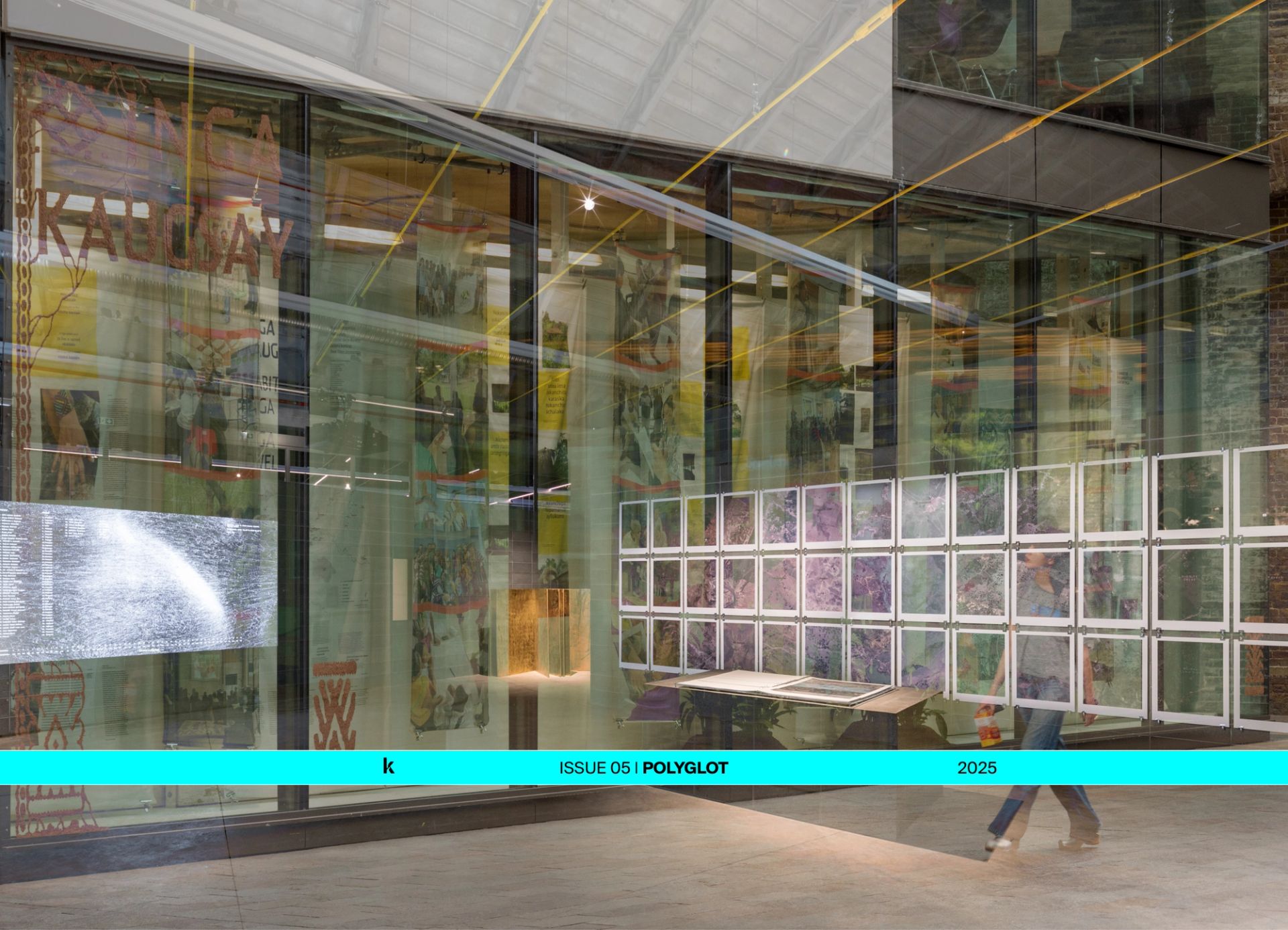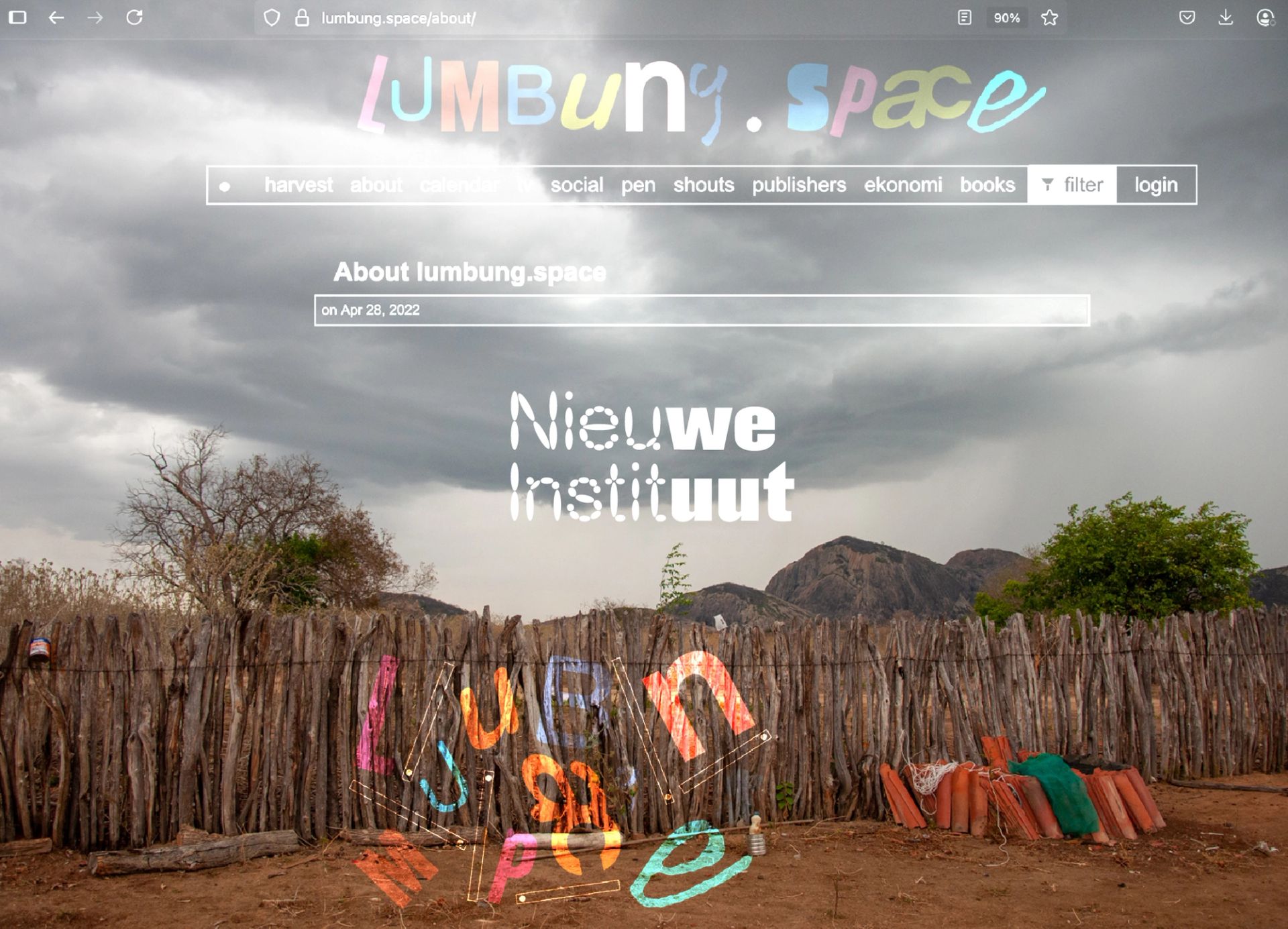From personal transformation to transformative politics: could there be a more potent room in the house than the bathroom? Rituals of bathing and cleansing have long connected the sacred to sanitation; yet the rights to access to privacy, hygiene and safety remain less than universal.
The BATHROOM SESSIONS look into the fluidity of this space, exploring feminist politics of leisure and labour, gender roles, hidden infrastructures shaping its dynamics and new forms of healing and togetherness.
To quote from Alice Rawsthorn’s contextual introduction to the Bathroom Room, to which you can listen in full below:
“Private bathrooms became increasingly common in the Global North throughout the 20th century, although communal bathing remains popular in many places including much of the Middle East, North Africa and Asia. It has also staged a revival in the Global North – in gyms, workplaces, and spas for the haves – and, for the have-nots, in social housing, homeless hostels, and refugee camps and settlements where, as any NGO will tell you, the most sought-after volunteers are invariably those with plumbing skills.”
The podcast "Prada Frames: Being Home" is a project produced by KoozArch in partnership with Prada, and curated by FormaFantasma for Prada. You can listen to episodes on Spotify and Apple Podcasts.
BATHROOM: BEING RESTLESS with Marina Otero Verzier and Helen Hester
The session explores the bathroom as a space for healing, toxicity, and hidden infrastructures and will then look into feminist politics of leisure and the struggles to recognize, redistribute, and reduce domestic labour.
References
King’s Scholars’ Pond Sewer, London. Courtesy of Adam Powell. Image 5 accompanying Marina Otero Verzier's presentation. [online]
BATHROOM: BEING FLUID with Jack Halberstam
The session investigates the bathroom as an immersive body of water and an architecture of streams, fluids, sex, and gender.
References
"A Bigger Splash", David Hockney, 1963. [online]
BATHROOM: BEING HIDDEN with Andrés Jaque
The session looks into the multiscalar dimensions of a bathroom, exploring the systems and technologies that shape the space.
Bios
Jack Halberstam is David Feinson Professor of The Humanities at Columbia University. Halberstam is the author of seven books including: The Queer Art of Failure (Duke UP, 2011), and, a short book titled Trans*: A Quick and Quirky Account of Gender Variance (University of California Press). Places Journal awarded Halberstam its Arcus/Places Prize in 2018 for innovative public scholarship on the relationship between gender, sexuality and the built environment. He is now finishing a book titled: Unworlding: An Aesthetics of Collapse.
Helen Hester is Professor of Gender, Technology, and Cultural Politics at the University of West London. She is the author of After Work: A History of the Home and the Fight for Free Time (with Nick Srnicek, Verso, 2023), Xenofeminism (Polity, 2018), and Beyond Explicit: Pornography and the Displacement of Sex (SUNY Press, 2014). Her latest book, Post-Work: What It Is, Why it Matters, and How We Get There (co-authored with Will Stronge) is coming out with Bloomsbury later this year.
Andrés Jaque is Dean and Professor at Columbia University’s Graduate School of Architecture, Planning and Preservation (GSAPP). He is the founder of the New York- and Madrid-based architecture practice Office for Political Innovation (OFFPOLINN), established in 2003, which works at the intersection of research, architectural design, and activism. Jaque received his PhD in Architecture from the Universidad Politécnica de Madrid and is the recipient of the Frederick Kiesler Prize for Architecture and the Arts (2016), the Silver Lion 14th Venice Architecture Biennale (2014), the Dionisio Hernández Gil Prize (2001–2006), among other recognitions.
Marina Otero Verzier is an architect, researcher, and visiting professor at the Graduate School of Architecture, Planning, and Preservation at Columbia University, New York. Since 2023, she has been a member of the Advisory Committee for Architecture and Design at the Reina Sofía National Museum and Art Center. Otero Verzier specialises in the relationships between architecture and digital infrastructures and resources such as lithium that sustain them. In 2022, she received the Harvard Wheelwright Prize for a project on the future of data storage. Between 2020 and 2023, she was the Director of the Master in Social Design at the Design Academy Eindhoven, and from 2015 to 2022, Director of Research at Het Nieuwe Instituut, where she led initiatives focused on labour, extraction, and mental health.
Alice Rawsthorn is an award-winning design critic and the author of critically acclaimed books on design, including Hello World: Where Design Meets Life, Design as an Attitude and, most recently, Design Emergency: Building a Better Future. She is a co-founder with Paola Antonelli of the Design Emergency project to investigate design's role as a force for positive change. In all her work, Alice champions design's potential to address complex social, political and ecological challenges.
FormaFantasma is a research-based design studio investigating the ecological, historical, political and social forces shaping the discipline of design today. Whether designing for a client or developing self – initiated projects, the studio applies the same rigorous attention to context, processes and details. Formafantasma’s analytical nature translates in meticulous visual outcomes, products and strategies.
About
Prada Frames is a multidisciplinary symposium curated by FormaFantasma for Prada that explores the complex relationship between the natural environment and design. The collective effort aims to frame, analyse, contextualise, and define new perspectives on a plethora of themes. For its third edition titled ‘Being Home,’ Prada Frames examines the living environment as a framework to address contemporary challenges. The home is not merely a source of comfort; it acts as a shelter and an infrastructure of services. The extensive program of events takes place during Milan’s Salone del Mobile from Sunday, April 14 through Tuesday, April 16 2024 at the Museo Bagatti Valsecchi in Milan.





